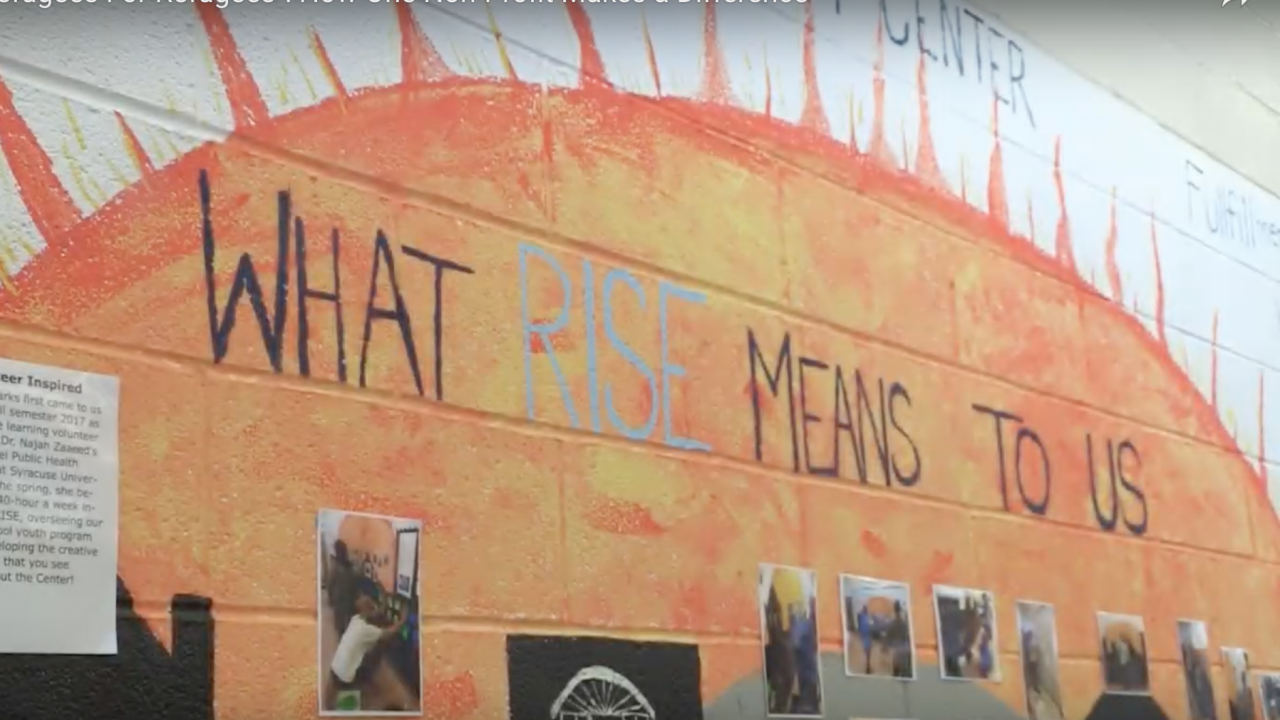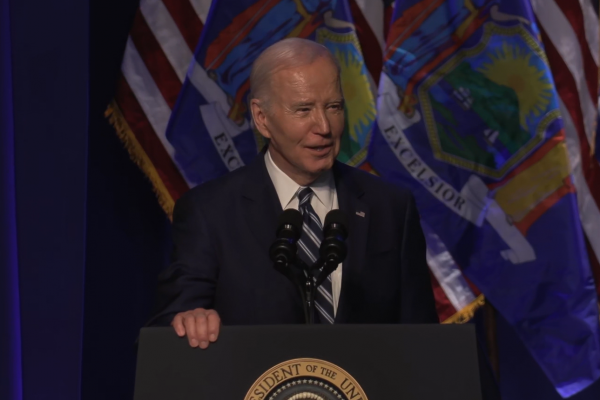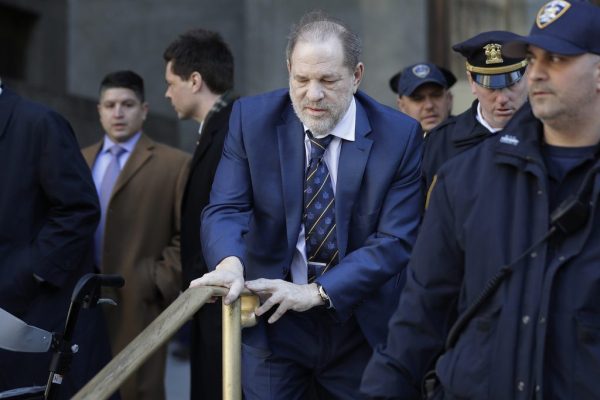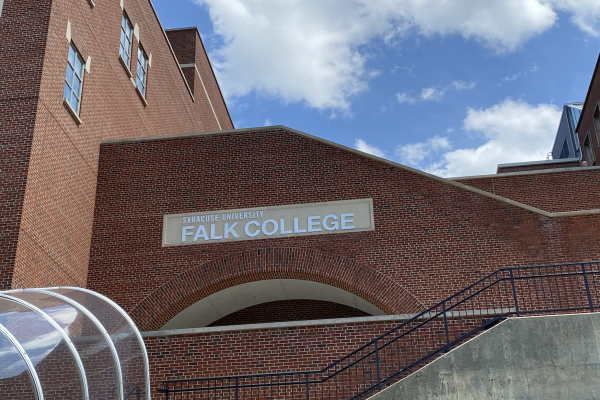
Community is a word that carries weight for Haji Adan. He’s the Executive Director of RISE, an organization that’s made a name for itself in refugee communities throughout Onondaga County.
“When I moved here, I came to the family of my husband. And they said the first place you need to go is RISE,” said Mzigwa Osmam, a Somali refugee who came to RISE in 2014.
RISE is short for Refugee and Immigrant Self Empowerment. The organization works to help refugees become self sufficient through a series of programs including English as a new language classes, other education initiatives, an after-school program for kids, and case management services through which clients can get help working towards more personal objectives.
“The biggest support has been here at RISE. Here they help us with everything,” Osmam said.
She worked with Adan back in 2014 on a housing application and has come to RISE at least twice a week since then.
The reputation RISE has built within refugee communities isn’t something Adan takes for granted. As a former refugee himself, he knows what the families at RISE are going through.
Adan left Somalia when civil war broke out in 1991.
“That’s when everything deteriorated from worst to worst. There were mass killings and rapings and we had to leave, so we came to the refugee camp of Kenya,” explained Adan.
Adan spent nearly 15 years in the camp before he was resettled to Bridgeport, Connecticut. He spent a few months in Bridgeport before moving to Hartford, but he ultimately decided to come to Syracuse.
“I moved here because my father was resettled here. So I can become his mouth and his legs… His mouth because he didn’t speak the language, legs because he didn’t know how to drive and wanted me to help him,” Adan said.
These are two common problems for refugees. Without means of transportation and limited English abilities, adapting to life in America can pose a challenge to new refugees. Adan says he was lucky. He already knew English when he came to America.
“So for me, I had some prior knowledge about American life. And at the same time I was reading books and googling stuff that helped me easily adjust to American life,” Adan said.
That said, Mr. Adan faced set-backs when he first came to the states. Lack of access to transportation led him to lose his first job.
“My first job was housekeeping and laundry. I remember losing my first job because of transportation. I was also afraid of leaving my family alone with no language,” Adan said.
Adan turned to self empowerment to get through the transition. It’s part of the reason he still hopes to empower others.
“I felt the only way to do this was empower myself, but then at the same time empower the family. So they can then help their families,” Adan explained.
He got involved with what was at the time an informal ethnic based community organization. The organization began in the home of one of its founding members but quickly outgrew that space, moving first to Dr. King Elementary School and a shared space at the Boys and Girls Club before opening its facility at 302 Burt Street and officially becoming RISE.
“We came together as a group and started collecting 10 dollars for each other,” Adan recalled. It was communal savings that would help community members deal with unforeseen circumstances and health care needs.
The organization grew from there to the all encompassing refugee non-profit it is today. While Adan is now also on the administrative side as the executive director of the organization, he still goes to work hoping he’ll make someone’s day a bit better.
“The more you’re connected to the clients that you’re serving, the better it is,” Adan explained.
Connection is an integral part of his philosophy. He is known as a hands-on director who knows the clients at RISE personally. He says it’s that connection that keeps community members coming back.
“It’s actually meeting them, shaking their hands. That’s what makes the difference,” Adan said.




